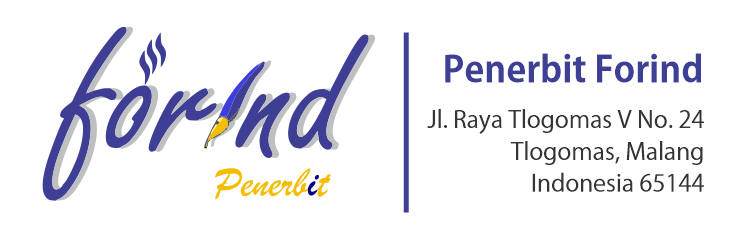ASUHAN KEPERAWATAN JIWA GANGGUAN PERSEPSI SENSORI PENDENGARAN DENGAN PERILAKU CARING PERAWAT BERDASARKAN TEORI JEAN WATSON
Mental Health Nursing Care for Sensory Perception Disorders of Hearing with Nurse Caring Behavior Based on Jean Watson's Theory
Keywords:
Perception disorder , Hallucination management , Caring behaviorAbstract
Hallucinations are one of the most common mental health problems experienced by those with mental
disorders. The purpose of this case study is to describe the implementation of mental health nursing care for sensory perception disorders of hearing with nurse caring behavior based on Jean Watson's theory. The number of clients used is 3 people, namely clients who experience sensory perception disorders in Srigonjo village. The design of this case study is descriptive qualitative using interview techniques, observation, direct observation, and data collection using patient assessments. The nursing problem raised is sensory perception disorders of hearing. and the nursing actions given are hallucination management. Before being given the action, it was found that the three patients often heard whispering voices inviting them to talk, liked to talk to themselves, daydreamed, liked to smile to themselves, mumbled, often looked at the outside environment or did not concentrate, were uncooperative and the patients looked dirty. After the intervention was given, the patient experienced changes where eye contact was already there when spoken to, was able to concentrate, and was able to apply the rebuke techniques taught. Thus, it can be said that hallucination management with Jean Watson's theoretical approach has a good impact.
Published
How to Cite
Issue
Section
Copyright (c) 2024 ASSYIFA : Jurnal Ilmu Kesehatan

This work is licensed under a Creative Commons Attribution-NonCommercial-ShareAlike 4.0 International License.
Attribution-NonCommercial-ShareAlike 4.0 International (CC BY-NC-SA 4.0)
You are free to:
- Adapt — remix, transform, and build upon the material
- The licensor cannot revoke these freedoms as long as you follow the license terms.
Under the following terms:
-
Attribution — You must give appropriate credit, provide a link to the license, and indicate if changes were made. You may do so in any reasonable manner, but not in any way that suggests the licensor endorses you or your use.
-
NonCommercial — You may not use the material for commercial purposes.
-
ShareAlike — If you remix, transform, or build upon the material, you must distribute your contributions under the same license as the original.
- No additional restrictions — You may not apply legal terms or technological measures that legally restrict others from doing anything the license permits.




